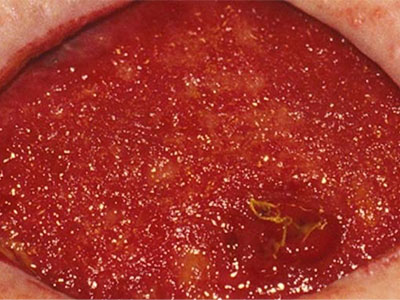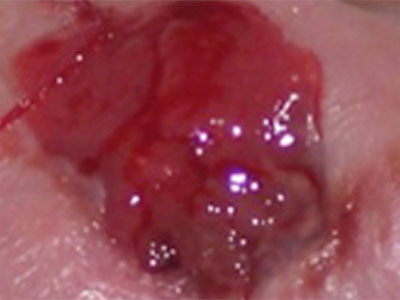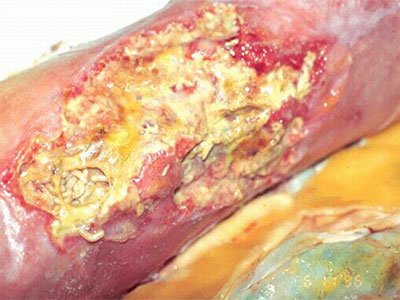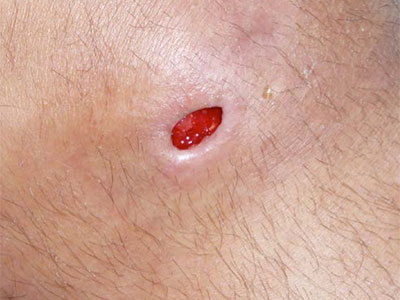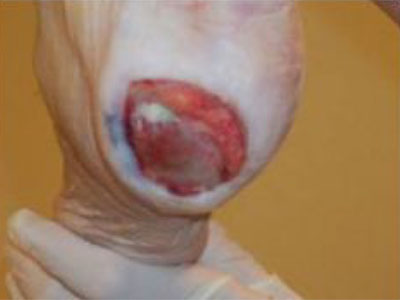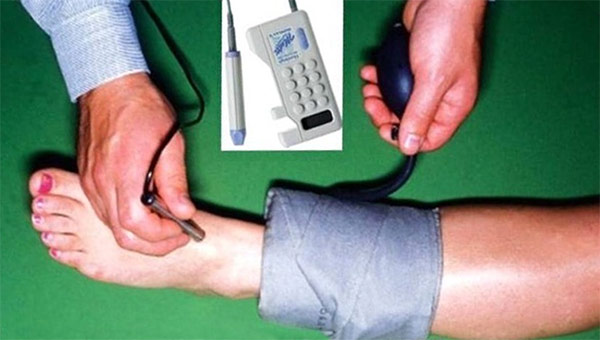Best Practice Recommendations for Communication & Utilization of Pharmacy Reps
September 22nd, 2017 | ArchiveBy Matt Devine, D.O.
It has been over nine years since the hospitals affiliated with the University of Rochester have adopted policies that ended the visitation, gifting of food and other rewards, as well as allowing pharm reps to supply medical samples. In reviewing these documents (below), I was also impressed to learn that the Primary Care Network’s (PCN) outpatient policy has been in place for well over a decade.
These policies and the roles that AHP has with them have been part of our ongoing discussions at our monthly AHP Pharmacy task force meetings. Since not all of the practices we work with are part of URMC, this topic and policy has been quite controversial. Since the discontinuation of these services has had ripple effects in community practices, we have pondered what the best ways are to share the lessons learned from the URMC policies, and how we can help AHP community practices implement and make these changes at their site. I think the answers can only come from the individual practices after they make the hard decision on how best they want to proceed going forward.
To quote Curt Haas who is the URMC Pharmacy Director, “what we are essentially discussing is the practical and ethical management of the relationship between a clinician and a for profit company/person. The responsibility is on the clinician to manage this relationship. If the salesperson is managing this relationship then it would be expected to align with their job of promoting use and revenues from their products”.
In retrospect thinking about how this change has affected me over the years I can honestly say that it has made my clinical day to day life much easier. Aside from the initial trauma of running out of pens that had various Latin-derived medication names plastered all over them, I found this often daily distraction to be one less thing I had to navigate in the throes of a busy primary care practice. At my safety net practice we had been having difficulty with labeling and giving out proper directions on the samples, which is a requirement by TJC, and as a consequence, by the time this policy was instituted we no longer had a sample closet. Since then we have had to work closely with our pharmacy staff and care managers to help bridge the gap when our patients cannot afford high expense medications like inhalers and insulin. It has not been perfect, however we have been able to continue to provide evidence-based medicine and maintain healthy prescribing habits, without having a rep dropping off marketing materials or samples that seemed to always show how their products are the best in class.
In addition to the samples, clinicians and staff had to adjust to the gifting policy as well. Food and gifting has been shown in many studies to alter our prescribing habits. These are rigorous tactics that are employed by pharmaceutical companies as we heard during last spring’s AHP grand rounds led by Dr. John Bisognano. The staff also had to adjust to the elimination of high calorie meals and after some initial drop in staff morale the staff began planning out other ways to engage with each other. Having pot lucks and quarterly barbeques has worked well over the years, and I am hopeful that our BMIs and arteries are also the better for it. In fact, the staff has increasingly brought in healthier food items than in the past.
So with the medical documentation world moving to mostly electronic it has been ok that I have been unable to find a pen, and as it turns out Bic and Papermates still make pretty affordable and reliable products. There are many ways to keep up on the latest medications and products, and AHP has many colleagues now that are pharmacists that are ready and willing to help.
I would like to hear your joys and concerns with this topic so we can continue to work on a process that helps us to keep our work lives as simple as possible.
Did you know?
• Pharmaceutical companies have access to physician prescribing patterns in order to target marketing to certain practices and certain prescribers. You have the right to opt out of having your prescribing information sent to pharmaceutical companies by registering for the Physician Data Restriction Program, available here. This may alleviate a number of unsolicited vendor representative visits
• As of 2011, the Sunshine Act requires pharmaceutical and medical device companies to track and report the financial relationships they have with physicians and hospitals – this is public information and can be accessed here here
• For the most recent URMC inpatient vendor policy click here
12-01-1-Sales-Representatives-and-Vendors-Updated-2-9-17
7.20 Medication Samples
5.4 Pharmaceutical Representatives








